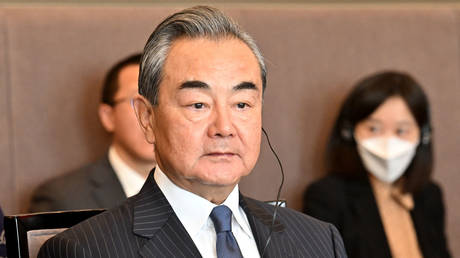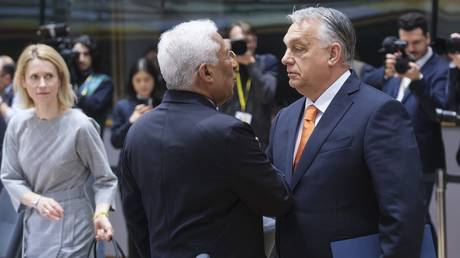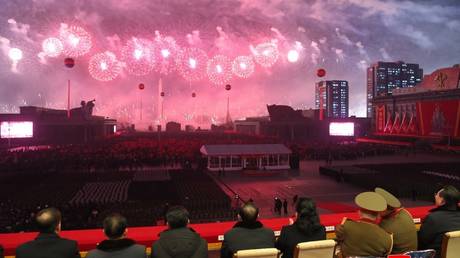
Beijing’s top diplomat argues that developing countries, especially those in Africa, should be better represented in the body
China’s top diplomat has called for developing nations to have more of a say at the UN Security Council. Wang Yi’s remarks came a week after Russian Foreign Minister Sergey Lavrov made a similar suggestion, saying Western powers are overrepresented in the key international body.
During a meeting with Kuwait and Austria’s ambassadors to the UN, Tareq Albanai and Alexander Marschik, on Saturday, Wang said: “The reform of the Security Council should uphold fairness and justice, increase the representation and voice of developing countries, allowing more small and medium-sized countries to have more opportunities to participate in the decision-making of the council.”
The official, who is responsible for foreign affairs in the Chinese Communist Party’s central committee, added that “historical injustices against Africa” should be redressed.
The Chinese diplomat made his remarks ahead of talks on reforming the Security Council, with Kuwait and Vienna presiding over the negotiations.
Wang expressed hope that a consensus will be reached “so that the Security Council reform process will be widely recognized… and the results will stand the test of history.”
While on a tour of Africa back in January, Chinese Foreign Minister Qin Gang made it clear that Beijing would like to increase the representation of developing countries in the UN Security Council in order to make the “global governance system more just and equitable.”
Last Monday, speaking at the UN headquarters in New York City, Russian Foreign Minister Sergey Lavrov argued: “True multilateralism… demands the adaptation of the UN to the objective tendencies of the forming multipolar architecture in international relations.”
According to the minister, “the expansion of the representation of Asian, African and Latin American countries” in the body needs to be accelerated.
He went on to lament the “current massive over-representation of the West” in the Security Council.
During the same discussion, US ambassador to the UN Linda Thomas-Greenfield and India’s envoy Ruchira Kamboj also spoke in favor of UNSC reform.
In its current form, the UN Security Council consists of five permanent members, each with the power of veto – China, France, Russia, the UK and the US — and ten non-permanent members, selected biennially by the UN General Assembly.
According to current rules, five African and Asian states, one Eastern European state, two Latin American states and two Western European and other states make up the non-permanent members.
With Switzerland and Malta being non-permanent members, the West presently holds five seats on the council, more than any other region. Japan, which is a close ally of Washington, is also among the ten current non-permanent members.




